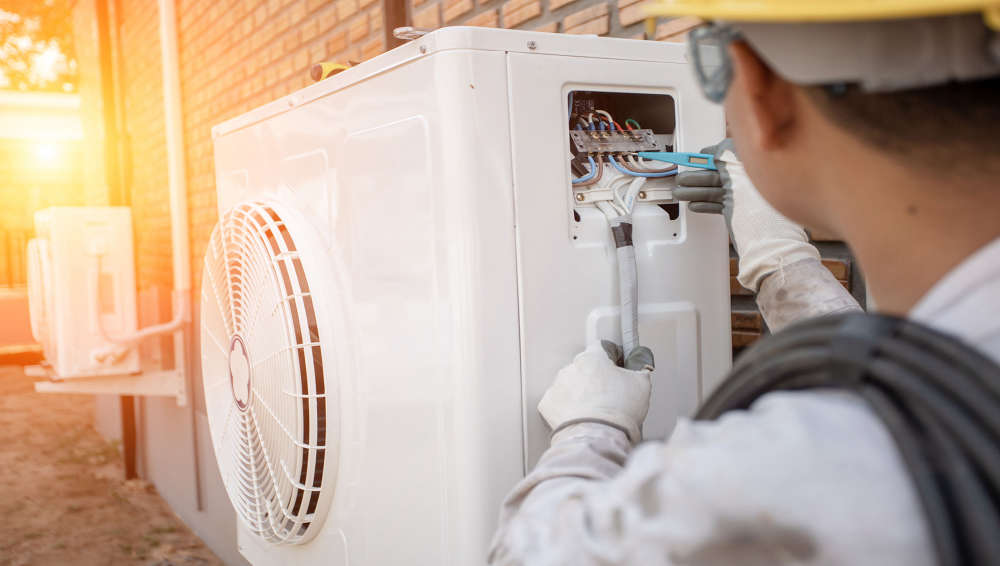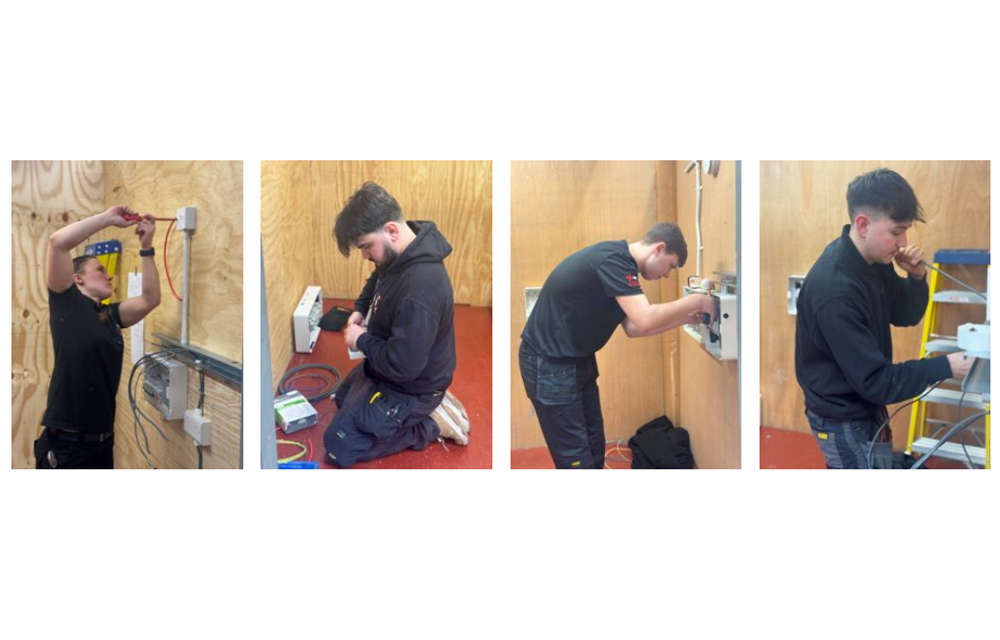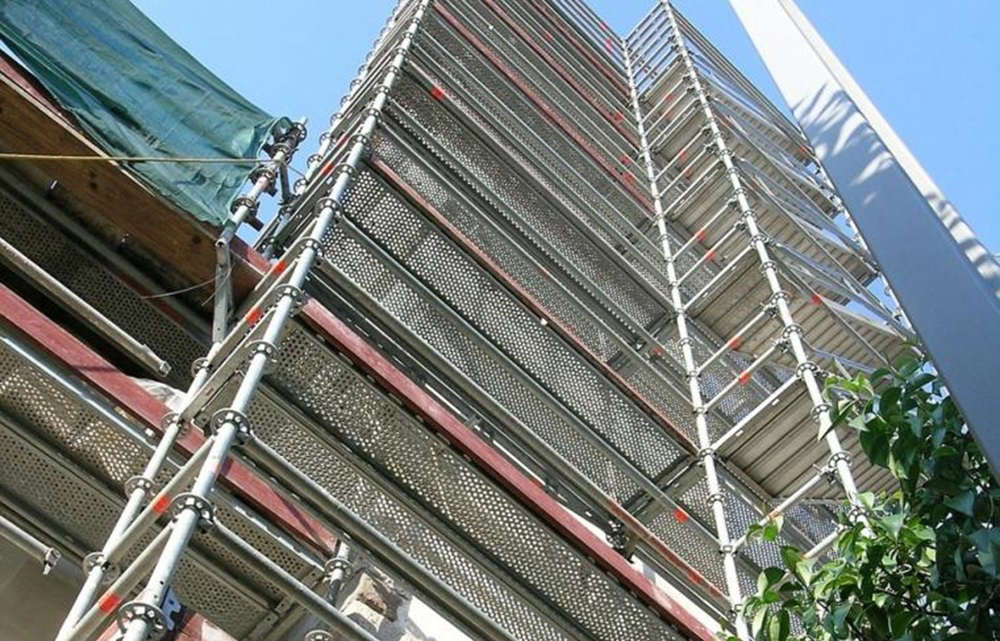
Almost 5,000 neighbourhoods in England regularly suffer from heat stress, covering about a third of the country and containing more than 1,000 hospitals and 10,000 children’s nurseries
With the UK set to record its warmest summer, the Building Engineering Services Association (BESA) calls for urgent action to tackle the growing number of buildings that overheat.
The Association says the rising number of deaths linked to longer and more intense heatwaves makes this a serious building safety issue. Larger parts of the population are now vulnerable to heat-related health problems.
The Met Office confirmed that this summer is already the sunniest and driest on record, with temperatures consistently above average for the longest period ever—79 days and counting.
Researchers from Imperial College London also estimated there were 263 excess deaths due to heat in the capital during June alone.
“2022 might have seen more dramatic temperature peaks but this year seems to mark a move into much longer and more relentless periods of heat stress,” said BESA’s technical director Kevin Morrissey. “
This is significant because it suggests we are experiencing a new long-term weather pattern which calls for a more concerted effort to adapt our built environment.”
Research by the environmental campaign group Friends of the Earth (FoE) has identified almost 5,000 neighbourhoods in England that now regularly suffer from heat stress.
These areas cover about a third of the country and contain more than 1,000 hospitals, 10,000 children’s nurseries, and a similar number of care homes, meaning many of the most vulnerable people are now at severe risk from excess heat.
FoE believes there could be more than 10,000 heat-related deaths annually in the UK by 2050 and is urging the government to address its “climate adaption plans” to account for heat waves.
“There are multiple technical solutions available, including both passive and mechanical cooling systems,” said Morrissey. “
However, to ensure these reach the most vulnerable in our society, cooling must now become a central part of the UK’s push to decarbonise the built environment, which continues to focus primarily on how we heat buildings.
“Adapting the Boiler Upgrade Scheme (BUS) to support wider adoption of heat pumps that provide cooling in summer as well as heating would be a positive and easy first step.”





 JTL holds Apprentice of the Year Assessment Day
JTL holds Apprentice of the Year Assessment Day
 Construction workplace illnesses hit 28,000 annually
Construction workplace illnesses hit 28,000 annually
 Fall in R&M building work signals a tough year for builders: FMB
Fall in R&M building work signals a tough year for builders: FMB
 Tools worth over £25 million stolen since 2021
Tools worth over £25 million stolen since 2021
 Band of Builders put a call for volunteers to participate in forthcoming projects
Band of Builders put a call for volunteers to participate in forthcoming projects




